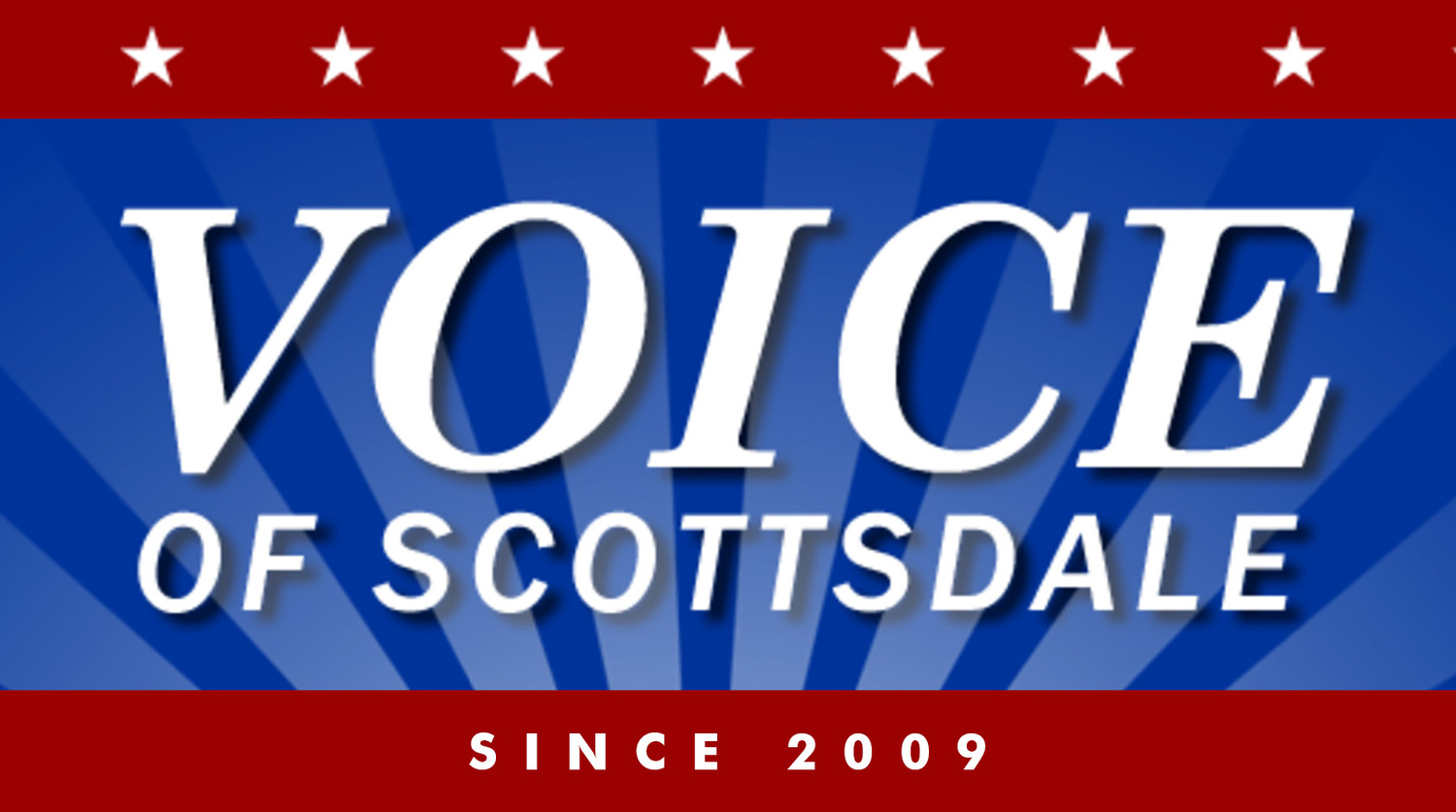In the medical transportation business, time is money - which is one of the reasons Rural/Metro is on the verge of going belly-up.
Hospitals, assisted living centers and specialized treatment facilities count on medical transport companies to provide their patients with "non-emergency" transportation. Being on time and staying on schedule are critical - because delivering efficient services impacts health care providers' bottom line and the cost of care for their patients.
For medical transport companies, it boils down to being dependable.
According to administrators at HonorHealth (until recently known as Scottsdale Healthcare), Rural/Metro's subsidiaries that provide non-emergency transportation for HonorHealth's five hospitals and primary service facilities are growing increasingly undependable. One manager close to coordinating non-emergency services for one of Honor's hospitals recently joked about Rural/Metro: "These guys are going to be late for their own funerals."
Sources say that Rural/Metro transport affiliates are often between 30 to 45 minutes late in showing up to transport patients to their appointments. On some occasions it's even worse. That kind of tardiness sets off a chain reaction within the health care system that creates a lot of angst for both health care providers and patients.
"The ripple effect causes unnecessary problems we're forced to manage when we could and should be doing something more productive for our patients," said a veteran nurse.
Many readers are probably familiar with our city's long and politically strained relationship with Rural/Metro that dates back more than 60 years.
Rural/Metro was established by Scottsdale icon Lou Witzeman in 1948 and, because our city didn't have a fire department, Lou sold fire protection services directly to property owners. Eventually the city contracted with Rural/Metro to provide fire service to citizens of Scottsdale. The agreement between the city and Rural/Metro continued until 2005 when the City of Scottsdale started its own fire department.
Rural/Metro got into the ambulance business in 1969, and provided the city with emergency and non-emergency transport services until 2006 when the city awarded a contract to a new company called PMT Ambulance. PMT beat out Rural/Metro's ambulance subsidiary, Southwest Ambulance, for a five-year contract that included options for three two-year contract extensions.
PMT was purchased by Rural/Metro in 2012, along with the rights to provide services to Scottsdale.
Now, back to today ...
Because of their involvement with all types of emergency situations, HonorHealth management is familiar with the responsiveness of Rural/Metro's emergency services provider for Scottsdale, PMT Ambulance ... and it's not good. In fact three months ago, after the City Council approved the final contract extension to PMT through February 2017, things started going to hell.
The same sources say that for three straight months PMT has exceeded the average maximum response time allowed in the contract. Citing penalties clearly outlined in the contract, the city can levy fines against PMT. It's unclear if the city has chosen to do so, or if the city intends to let the company slide.
In addition ... due to the series of their substandard response times, PMT may also be in breach of the contract.
We're witnessing the tragic final chapter in the history of Rural/Metro.
The citizens of Scottsdale will have had a front row seat for the amazing rise and dramatic fall of a great company that our community was once proud to say called Scottsdale home.
